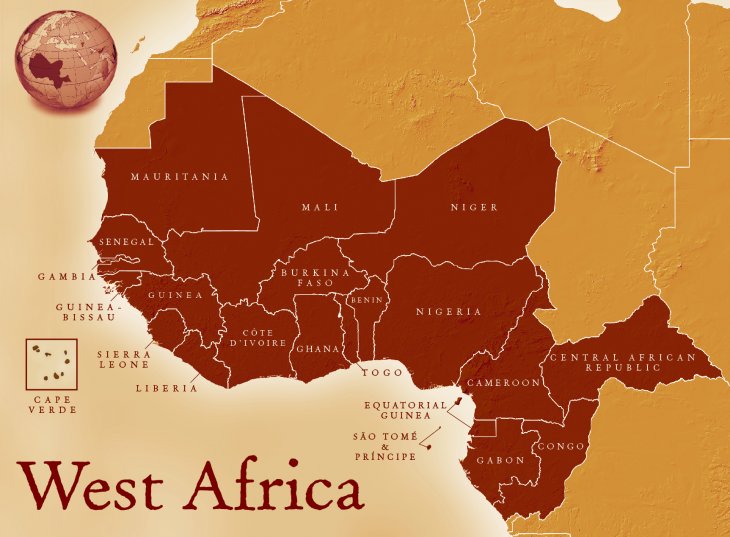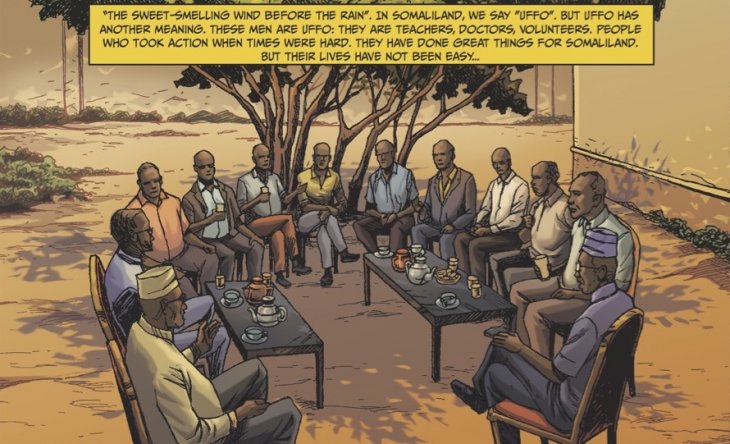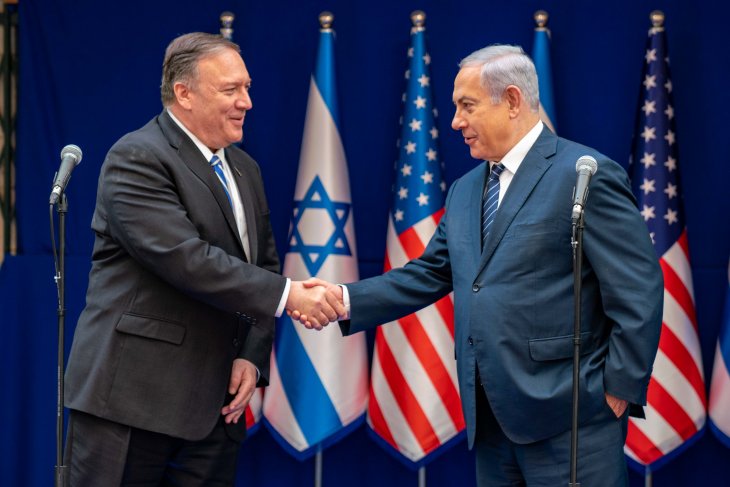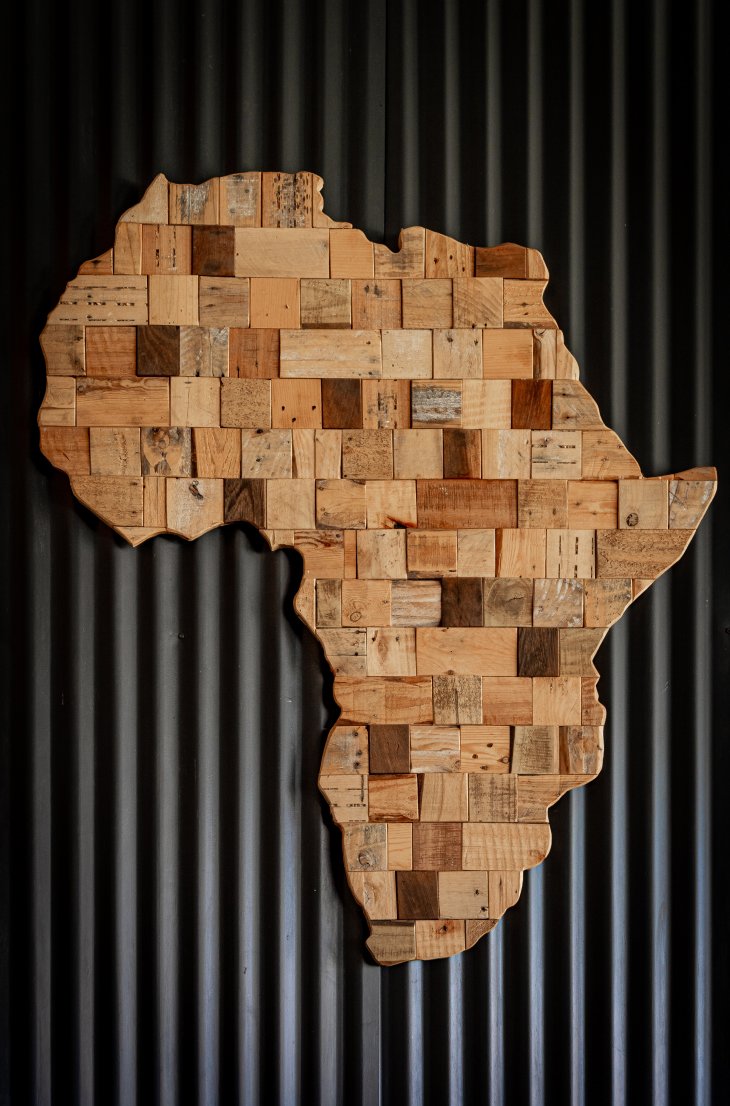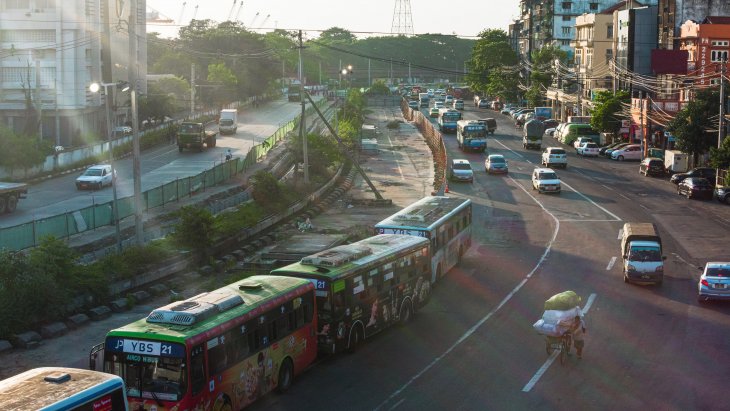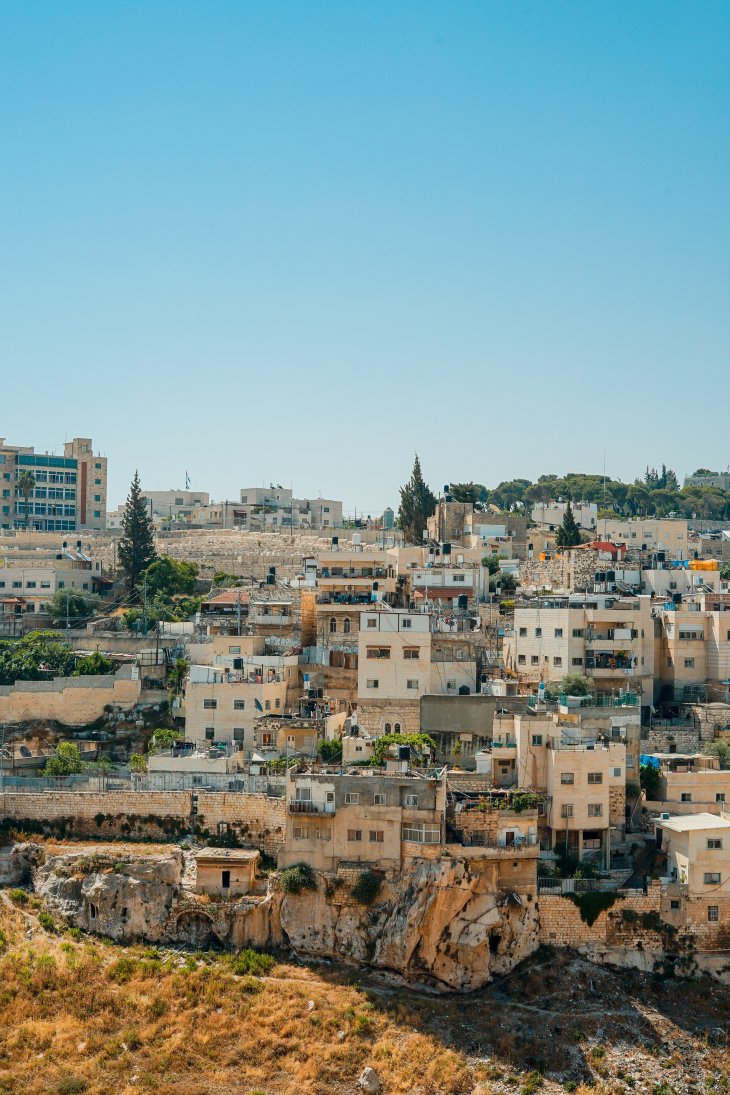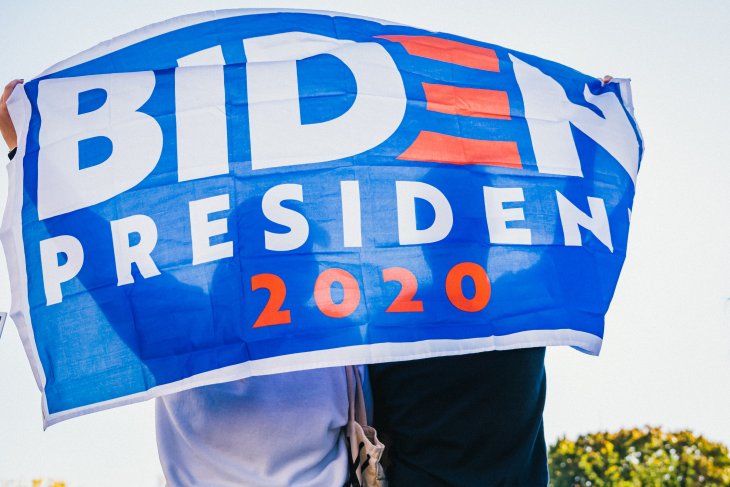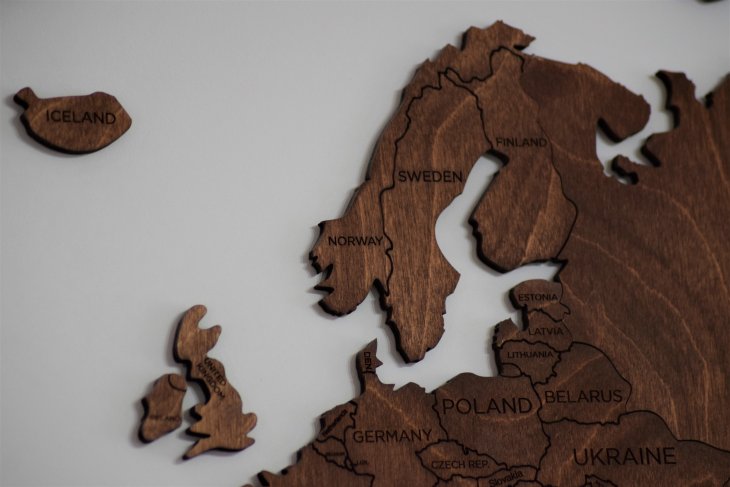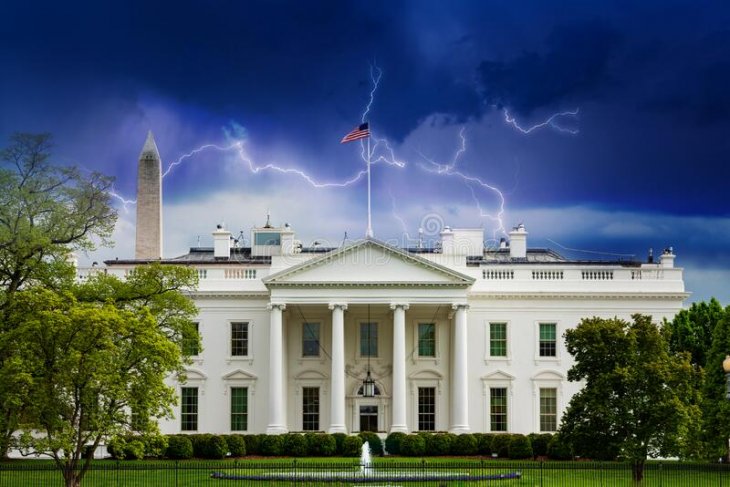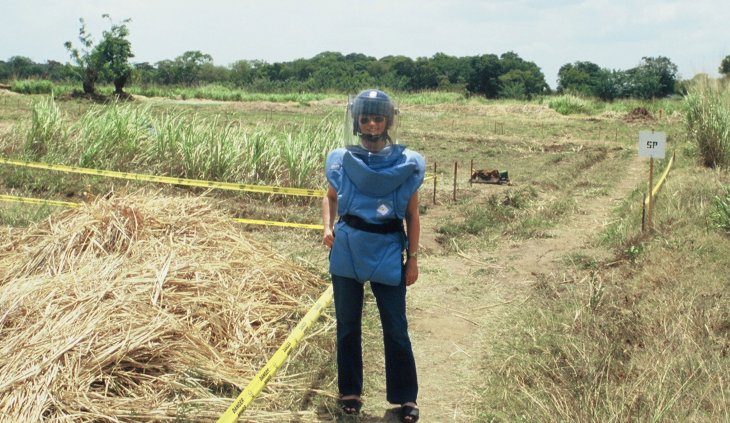
Wenche Iren Hauge exploring the mine (clearance) field in an LTTE-controlled area in northern Sri Lanka, 2004. Photo: Private archives
In my experience, successful peace processes are marked by close interaction between actors who engage with the process for a long time, know the conflict and the parties well, and gain their trust. Trust is more important than anything else. The long-term actors might be from NGOs or from civil society. They certainly don’t have to be people from political circles. They are vitally important in the first, most difficult phase, when the process is vulnerable, and trust is gradually built. This creates a foundation for the UN to play a role in later stages. The UN is a large apparatus, and when it enters a process, the dynamic is immediately changed. However, at some point it is often necessary to have UN agencies on board, not least when a peace agreement has been signed, in the demobilization phase, when there is a need for monitoring, and when it’s time to disarm non-state actors and organize the surrender of weapons. At this stage, the role of UN agencies can be critical.
Read More
